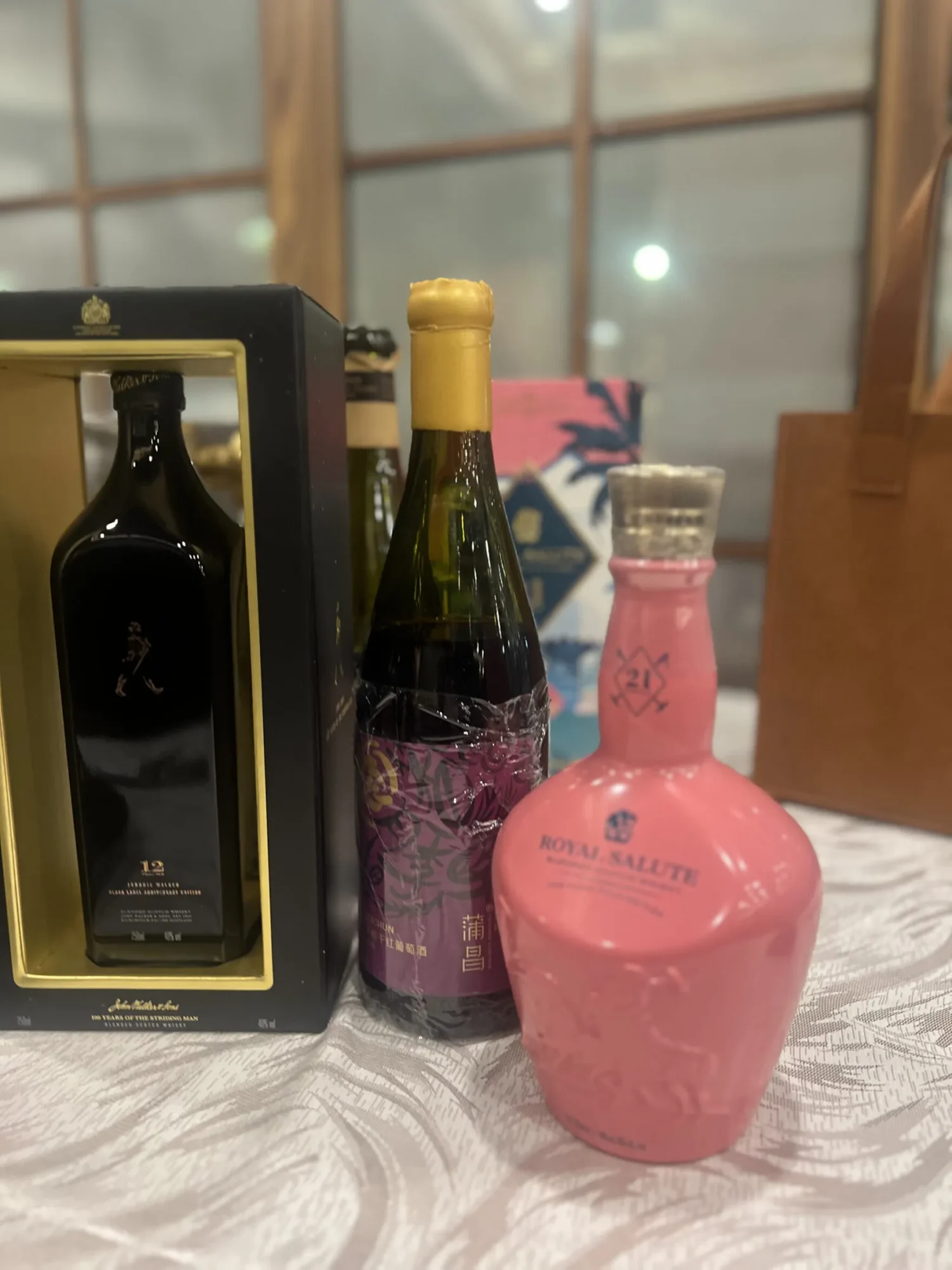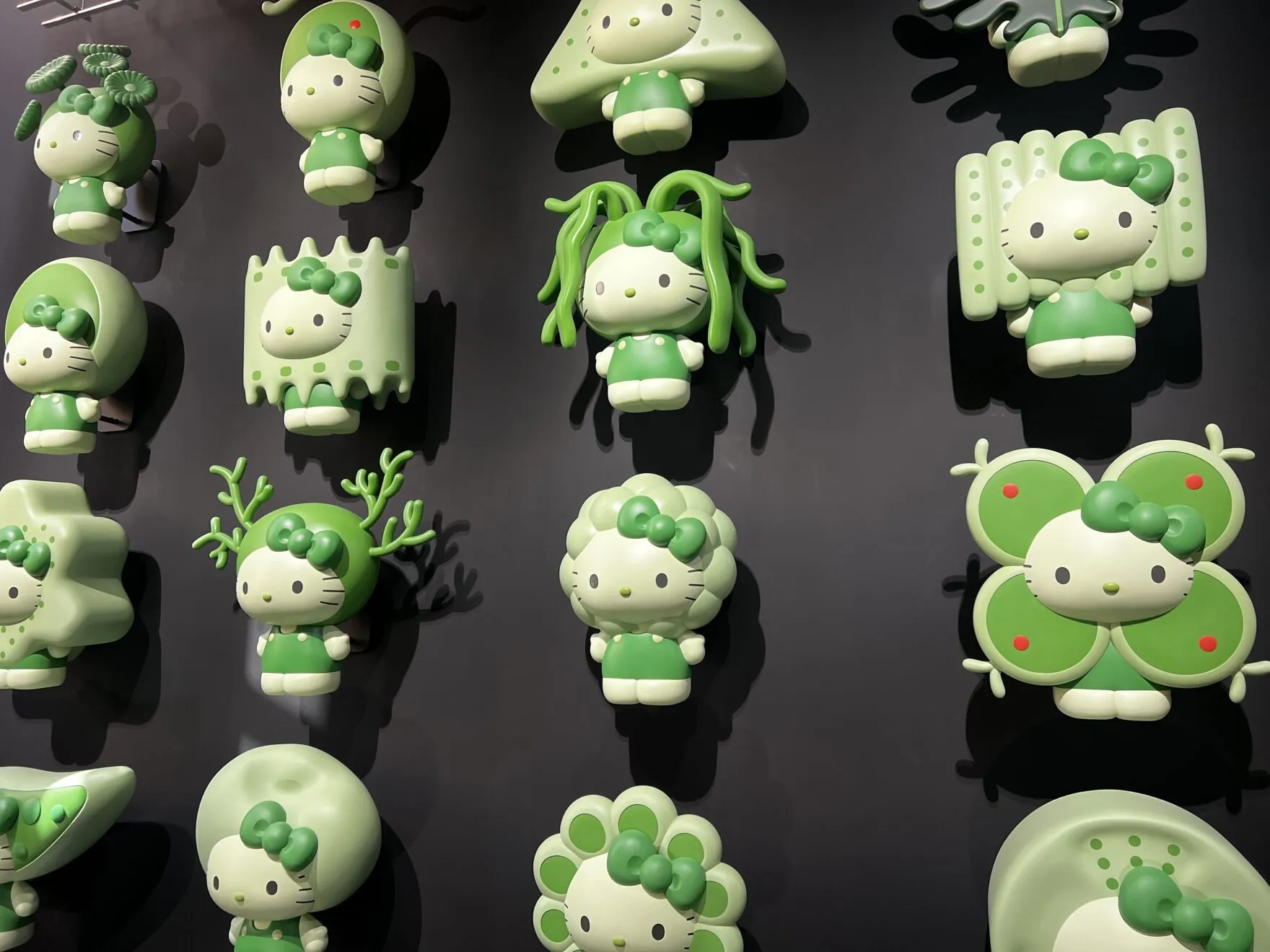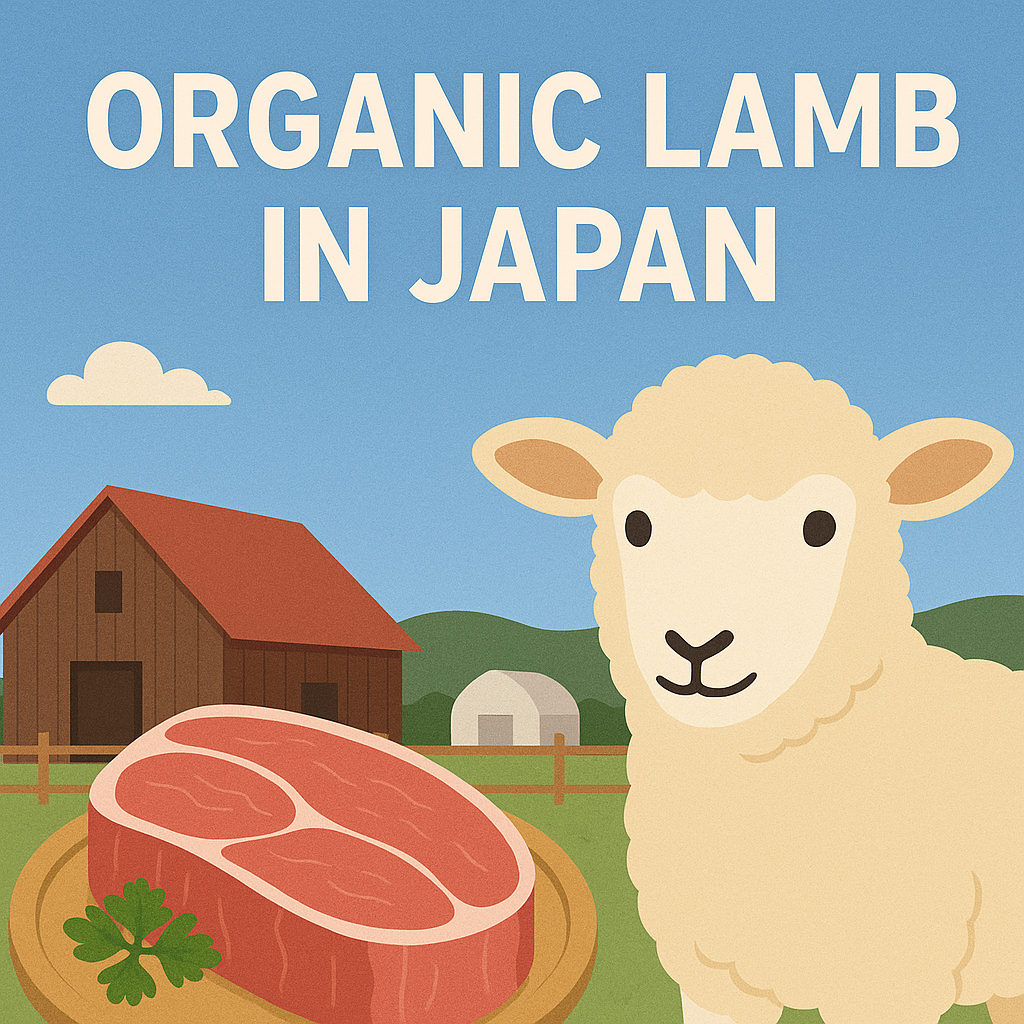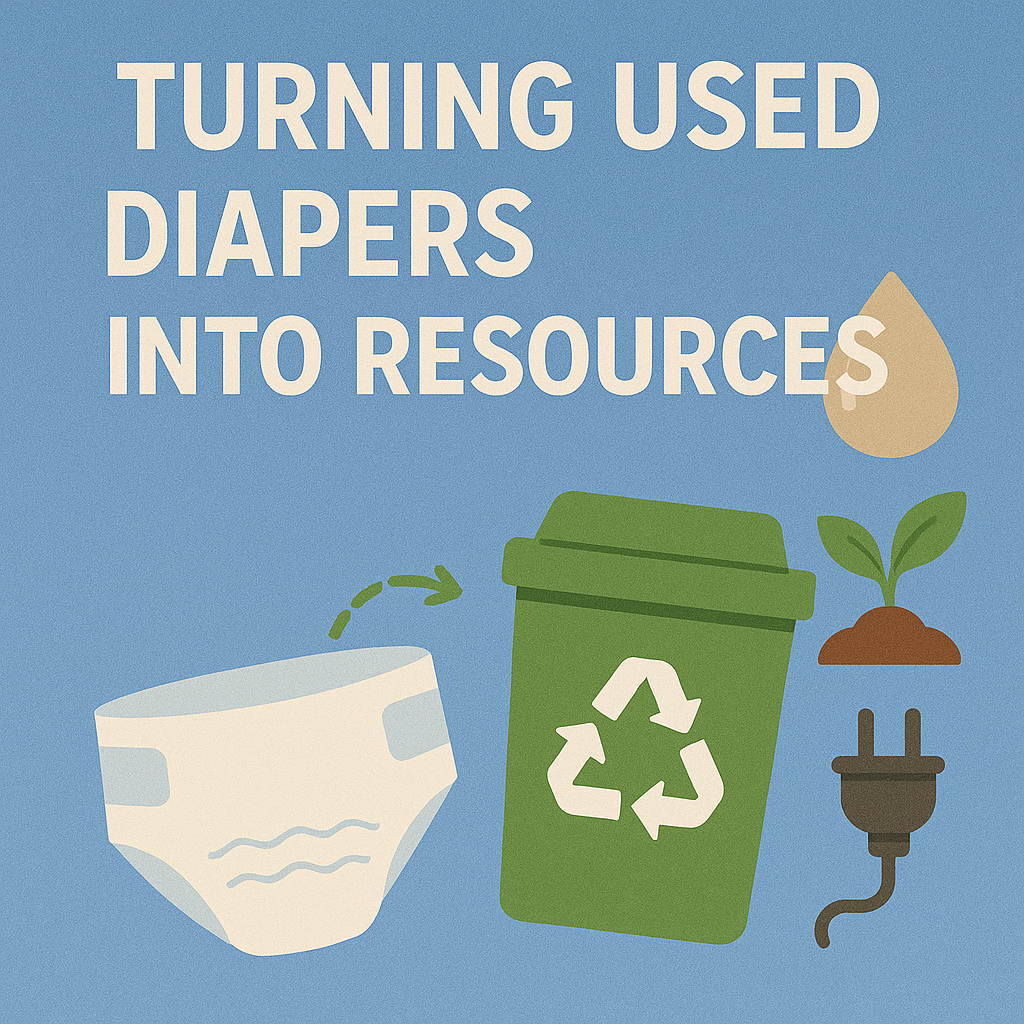PuChang Winery in Xinjiang Is Redefining Chinese Viticulture
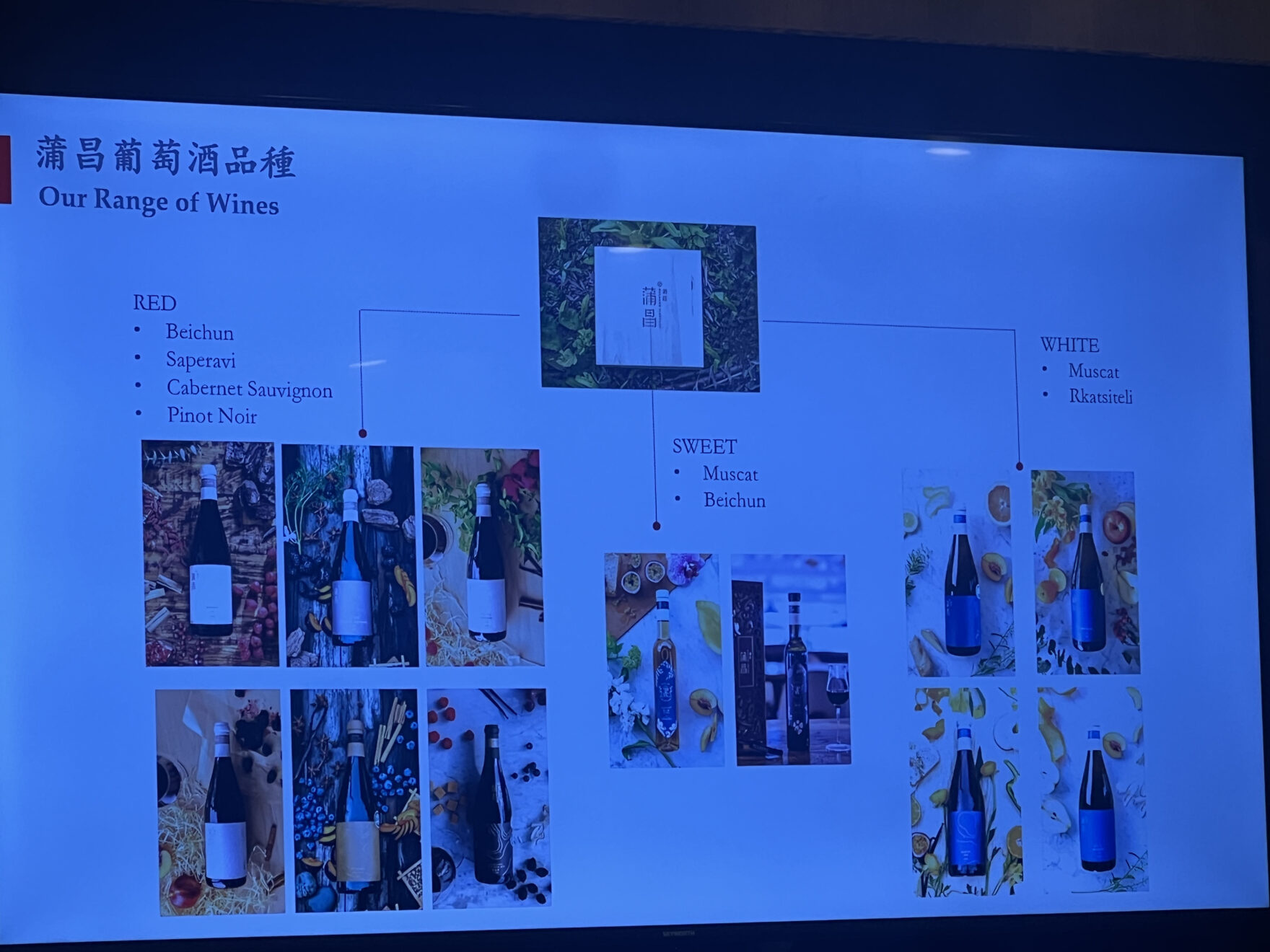
In May 2025, at an environmental seminar hosted by the Federation of Hong Kong Industries (FHKI), a rising winery from China’s far west presented a bold vision: a sustainable wine business rooted not just in “organic” labels, but in regional identity and environmental resilience.
The unlikely setting? Xinjiang, a vast, arid region in northwest China better known for its deserts than vineyards. But it’s precisely this challenging climate—low rainfall, stark temperature shifts, and isolation—that makes it ideal for organic viticulture.
Xinjiang Uyghur Autonomous Region is a vast and remote part of inland China, bordering Central Asia. Known more for its deserts and cultural complexity than agriculture, Xinjiang is now gaining global interest for an unexpected reason: high-quality organic wine.
Leading the charge is PuChang Winery, which has transformed the harsh desert climate into an asset rather than a hurdle. Located far from urban centers, the winery produces wines that are not only organically certified but also deeply rooted in the local terroir.

A Harsh Land, an Ideal Vineyard
Xinjiang’s extreme climate—scorching days, frigid nights, and minimal rainfall—might seem unfriendly to agriculture. Yet for organic viticulture, it offers rare advantages. Fewer pests mean less need for chemicals, and ancient underground irrigation channels known as karez enable water-efficient farming.
PuChang embraces this natural advantage to craft wines that are both eco-friendly and expressive of their environment. “We aim to create wine that respects the land and nourishes the soul,” the team says.
Gaining Global Recognition
To prove its commitment, PuChang pursued certification from ECOCERT, a leading French organic authority. Over five years, the winery passed audits covering every stage—from soil to bottle. This seal of approval has paved the way for exports to Hong Kong, Japan, and Europe. Today, PuChang wines are featured in upscale wine shops and hotel menus, especially in Hong Kong.
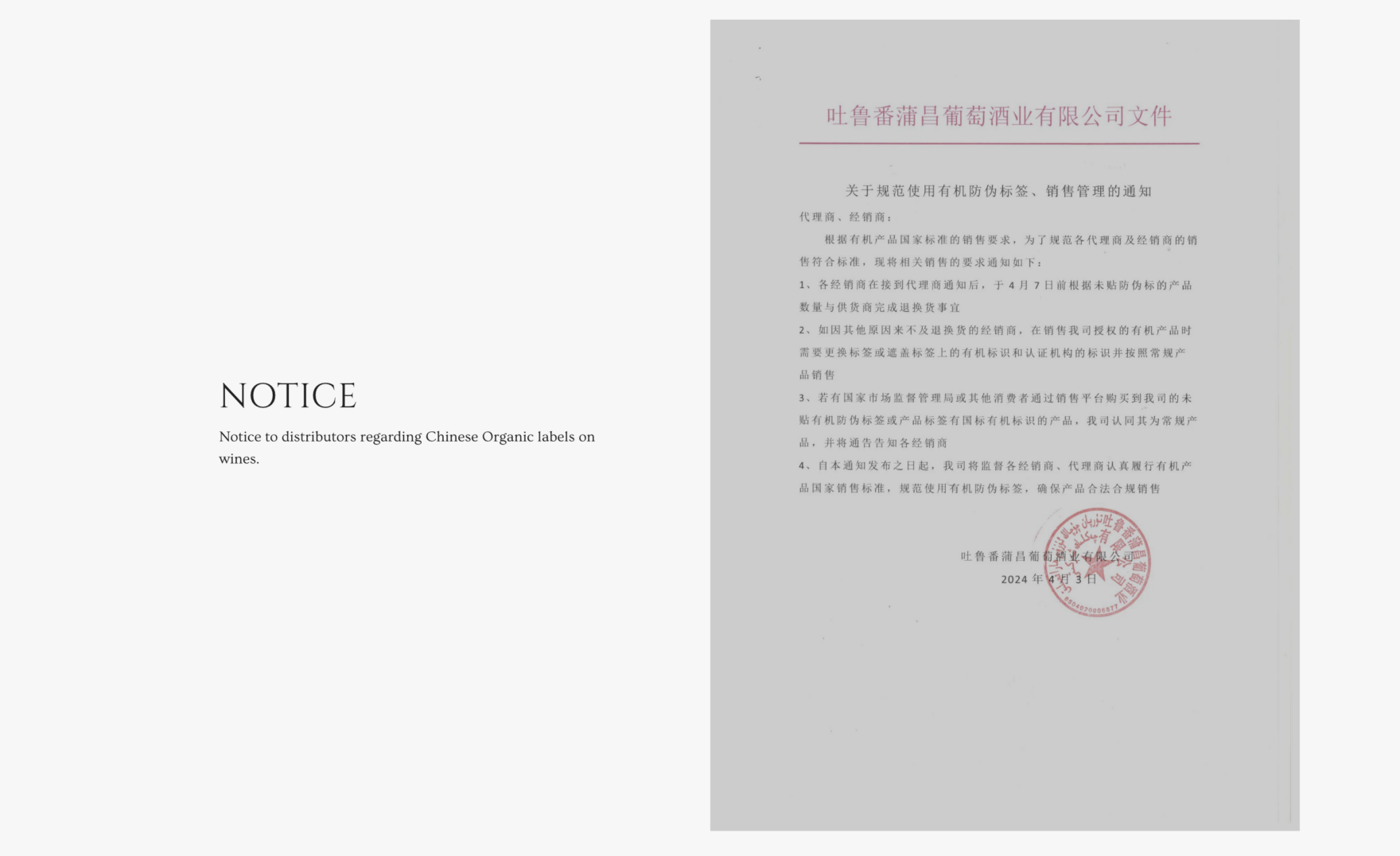
Their portfolio blends global favorites like Cabernet Sauvignon with local and regional gems such as Beichun, a resilient Xinjiang grape, and Saperavi from Georgia—each adding unique character and depth.
Redefining Chinese Wine
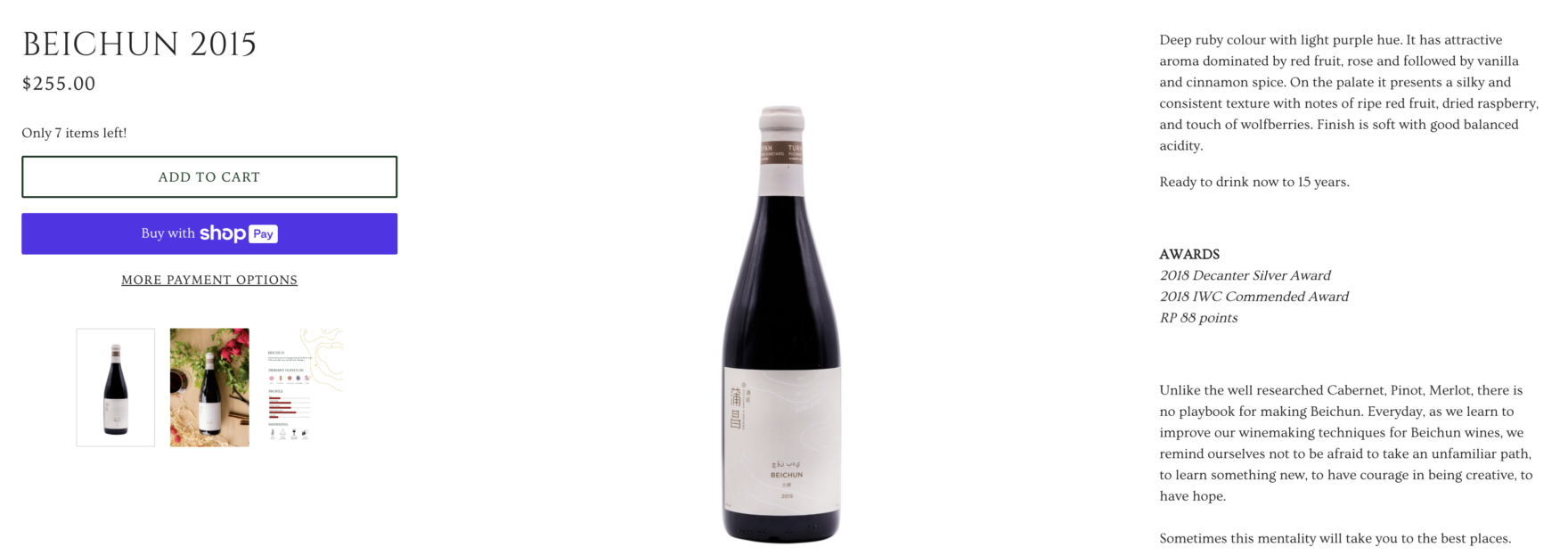
PuChang isn’t just making wine—it’s reshaping perceptions. Chinese wines are still unfamiliar to many consumers, but PuChang sees this as an invitation, not a barrier. Rather than competing on price, it positions itself with a strong story rooted in place, culture, and sustainability.
As one wine event guest noted, “Just saying it’s from Xinjiang sparks curiosity. It’s more than a wine—it’s a conversation.”
With plans for wine tourism and broader regional development, PuChang represents a new face of Chinese agriculture—one focused not on volume, but on quality, identity, and global relevance.
Official Site: https://www.puchangwine.com

